Description
Ethiopia
Kochere, Yirgacheffe
1,950 Meters
Natural
Heirloom

Bolje smallholder farmers

Syrupy, Raspberry, Citrus, Peach, Candy, Stone Fruit
Filter, Turkish, Espresso
This lot is full of red grape, violet floral’s and so much structure.
Origin: Boloya washing station
Bolje smallholder farmes
Boloya is a washing station owned by Israel Degfa, this is one of his newer sites that he purchased in 2014 and began operating under his management in 2015.
They are collecting and buying cherries from variouse smallholders.They are working here to increase the quality and have better preparation at the washing station. A lot of it is prepared and graded as Grade 1.
They generally do lot separation based on 150 bags of parchment, equal to 100 bags of greens.
The farmers:
Some two thousand smallholder farmers delivering tiny amounts of cherries daily to the wet miller. On average the wet mill is procesing 20,000kg of cherry a day.
On average farmers are having a farm size of less than 2 hectares. Most coffees are organic by default. Organic compost is common, pruning less common. A farmer can typically have less than 1500 trees pr hectar, and 1 tree is typically producing cherries equal to less than 100 – 200 grams of green coffee.
Cultivars:
A mix of local improved variety’s like Certo and local Wolisho . Such as native coffee of forest origin transferred to family smallholder plots. The varieties are referred to collectively as Ethiopian Heirloom, which is a myriad of local native Typica hybrids and new improved varietals based on the old strains.
Production process (washed):
Pulper: Traditional disc pulper
Fermentation: 48 hours wet.
Washed and graded in channels: Yes
Soaking: about 24 Hours in clean water.
Drying time: 10-12 days
Whole ripe cherries are hand sorted for unripes and overripes by the farmers before they go into production. They are pulped by a disk pulper and graded in the pulper by density: The parchment is then fermented under water for about 48 hours, depending on the weather conditions. After which graded in the washing channels by water flow that separates the coffee by density. Its then soaked 12-24 hrs in fresh, clean water before it’s moved to the drying tables
Drying:
Skin drying the first hours unders shade. The parchments is dried in the sun for about 12 – 15 days, depending on the weather conditions, on African drying beds. Coffees are covered in shade nets during midday and at night.
Production process naturals:
Drying times 12 – 15 days.
Producing great natural coffees is challenging and it requires at least as much attention to details as producing good washed coffees. This producer is targeting the highest quality grades there is, grade 1. They have site collectors in the local villages carefully selecting the ripe cherries with better qualities, as well as the near by farmers delivers cherries to the mill. The cherries are the hand sorted for un-ripe and over ripe cherries to get a sweeter and cleaner product. The Natural coffee is normally processed at the later part of the harvest and that’s when the harvest is peaking at the higher altitudes.
The first phase of drying is crucial and are in relatively thin layers on the tables to avoid fermented flavors and it should reach what’s called the “raisin” stage at about 25% moist in a few days. It’s important to move the cherries carefully to avoid damage on the fruit.
In the second phase, from 25% – 12% moist, the layers are built up, and it’s constantly moved during daytime, and needs some rest mid day and at night. An uncontrolled drying sequence can increase the very fruity flavors and make it unstable, and if to slow it can create mold and other off flavors. It’s a costly process that requires good labor and attention if you want it at the highest quality levels.
Soil:
Red brown, fertile and well drained
How we purchase and select coffees:
After cupping through hundreds of samples this coffee is from our selection of Grade 1 rated coffees from private producers selling the coffee through the ECX (the Ethiopian coffee exchange) also referred to as the Ethiopian coffee auction. The regulation of ECX as for today is limiting official traceability of the coffees from private washingstations. Only Cooperatives and single farmers (land owners) with producer/export licence are allowed to market sell and export their own coffee as a trace able product. Butt hat does not mean the coffees from ECX is of lower quality and less flavorful. In many cases it can be the opposite. The coffees are sold through the ECX based on the grade and woreda (local municipality). That said, in most cases for the Grade 1 coffee we know where it is from based on the local knowledge of the woreda, grade and the producers offering coffees from that area.
We also know a lot about the product, process, selection, what the smallholders are generally paid (based on the currant coffee prices in certain areas during the season), and how much work the producers are putting in to the production to target the quality.
This is basically how the supply chain works for ECX coffees:
The family members of the smallholder farmers are picking small amounts of coffee that they will sell and deliver either at a collection site or directly to the washing station. They are free to deliver the coffee to the highest bidder no matter if it is a Cooperative or a private producer. The farmers will get paid in full that based on the currant cherry prices in the area that day. In many cases the private producers are concistently paying premiums above the market price for quality or to attract farmers when the competition is high. The washingstation will in some cases start a thorough cherry selection and sort and handpick cherries as well as flotation and screening etc if they aim at producing higher grades such as grade 1. They will process the coffee according to their production plans either as washed or naturals depending on their access to water and the time of the season. The wet mill will deliver the dried parchment to a local warehouse fo ECX that will grade the coffees accordingly. There are many different grades such as Grade 1 – Grade 5 depending on the physical qualities as well as the flavor profile. The coffee gets a ”lable” base don the region and the quality before it’s offered through the ECX. The exporter will know what they are buying base don the grades, the region and the local Woreda (municipality) It can typically be a Yirgacheffe Kochere Grade 1. In many cases there are a limited mount of producers offering Grade 1’s from that area at the given time. And as the exporters might be well informed and well connected with the producers in that area they will know who is offering that grade 1 the given week. The coffee is sold to the exporter through the ECX, based on minimum prices that are changing with the forecasts, supply and demand and many other factors. When the given lot is purchased by an exporter it’s moved from the local warehouse to the exporters prefered warehouse. The exporters will offer us samples to cup after they have purchased the coffees. Generally they offer lots to cup in 100 bag chunks. And we can pick and choose coffees among different exporters and regions to find the specific profiles we are looking for. There are exporters focusing more on the Grade 1’s than others as well as some of them are specialized in targeting the highest qualities and the specialty market. Managing lot separation, great processing and transparency is key when we select our exporting partners. To be as much on top of things as we can we have our country manager Seife Tuloskorpi full time on the ground and a partnership that gives us the opportunity to manage a cupping lab with three members of staff in Addis. The coffee buyers Joanne and Morten are frequently visiting throughout the season. Generally, this is from November through to March, at least once a month and spending a considerable amount of time understanding how the season in that given year is developing.
This involves meeting with our Export partners and traveling throughout the different regions during the processing, later as coffees become available we are cupping both samples from the beginning of the harvest and throughout. In this way we can early on identify areas and wet mills that are showing potential. We cup through initial rounds of samples and make preliminary selections of the coffees that have value to us, these coffees are then cupped in a multiple of further rounds. Both in cuppings showing a selection from a specific region and also cuppings where we look at all of the coffees for that period that we are buying from Ethiopia.
In this way the coffees we decide to buy are cupped and assessed in a way that gives us good insight into the cup profile and quality, as well as the consistency of that particular lot.
The pictures related to this product can be generic photos taken from the region as well as from the sites!
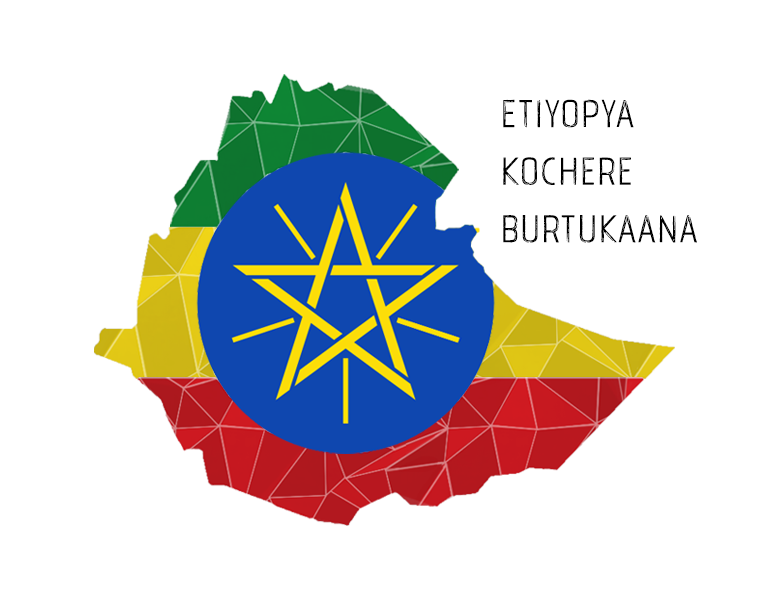
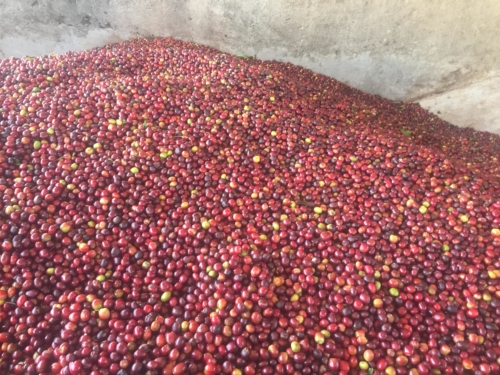
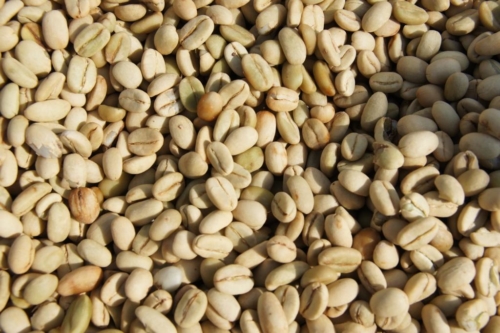
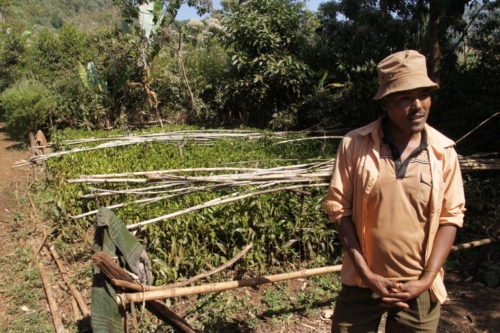
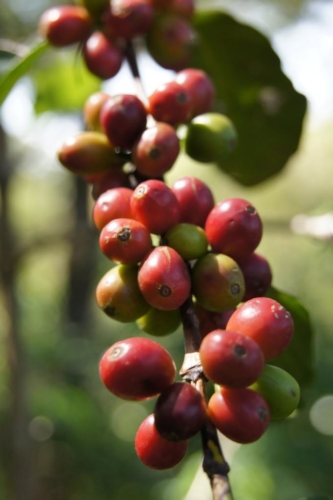
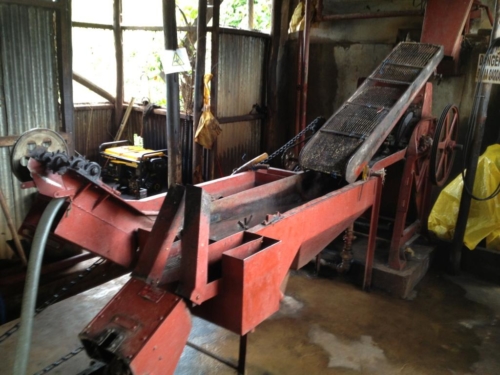
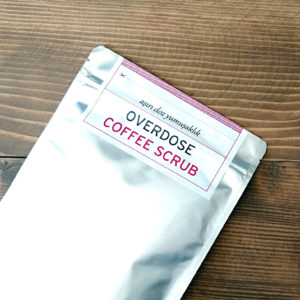
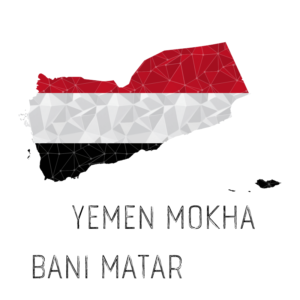
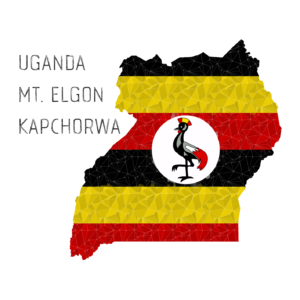
Reviews
There are no reviews yet.